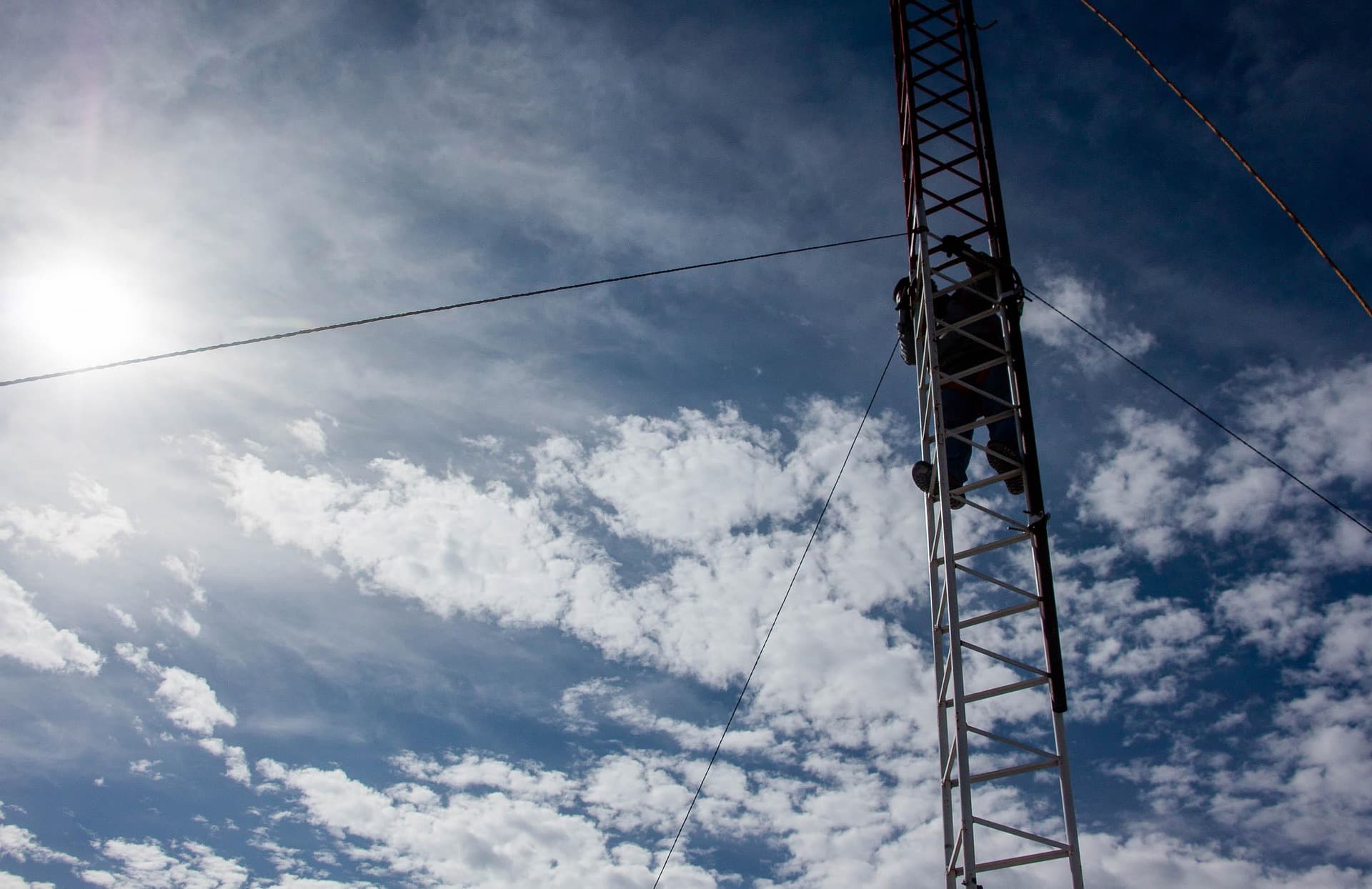What are the challenges of implementing AI for sustainable construction?
Implementing AI for sustainable construction brings significant challenges, including high initial investments, technical complexity, and the need for workforce training. Integration with existing construction processes often requires custom solutions and can face resistance from teams used to traditional methods.
Key obstacles construction companies encounter include:
- Capital-intensive investments in technology and infrastructure
- Lack of AI expertise within traditional construction teams
- Resistance to change in established workflows
- Complexity of integration with existing ERP and project management systems
- Uncertainty about return on investment and measurable outcomes
Successful AI implementation requires a phased approach, starting with pilot projects to prove value before scaling up. This helps build trust and expertise within the team. Training and change management are crucial for adoption.
Technical challenges are often the most complex. AI systems require high-quality data to function effectively, but many construction companies lack structured data storage. Data engineering and infrastructure development are therefore often the first steps in an AI transformation.
Despite these challenges, industry leaders demonstrate that systematic AI implementation can lead to measurable improvements in both sustainability and business performance. The key lies in realistic expectations, phased implementation, and continuous process optimization.
Would you like to learn more about how AI can make your construction projects more sustainable? Discover our solutions or contact us for a personal consultation.




